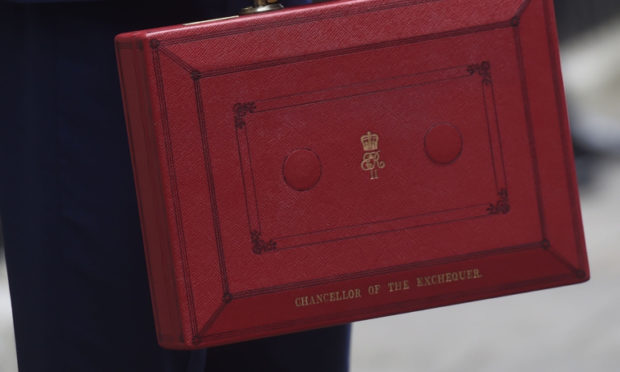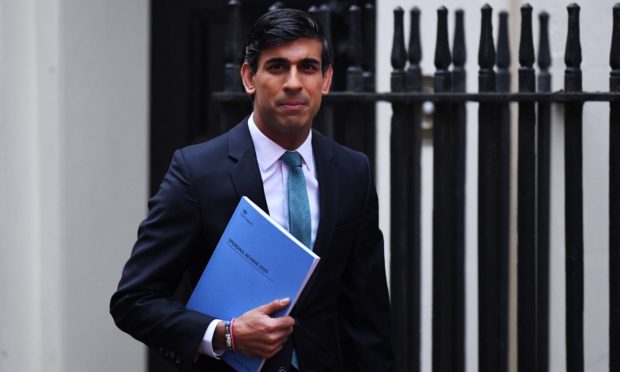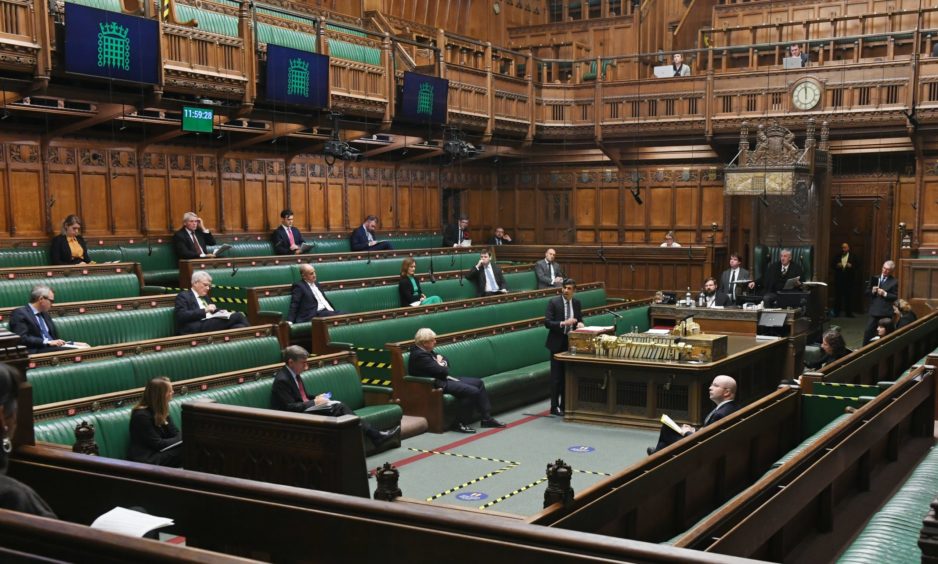The economic emergency caused by coronavirus has “only just begun”, Rishi Sunak warned in his spending review as he announced plans to borrow a peacetime record of almost £400 billion to combat the worst recession in more than 300 years.
The Chancellor told the nation he did not expect the economy to return to its pre-crisis levels until the end of 2022 and that damage was likely to last.
Official forecasts showed the UK economy is expected to shrink by 11.3% this year and that unemployment would surge to 2.6 million by mid-2021.
“This is an economic emergency and the economic damage is likely to be lasting,” Mr Sunak told MPs.
“Long-term scarring means, in 2025, the economy will be around 3% smaller than expected in the March Budget.”

The stark figures led Mr Sunak to conclude there would need to be a public sector pay freeze for millions of workers in England and a cut in the overseas aid budget.
More than a million nurses, doctors and others working in the NHS will get a rise but pay rises for the rest of the public sector will be “paused” – except for the 2.1 million workers earning below the median wage of £24,000, who will receive an increase of at least £250.
The cut to the aid budget sees the Government reneging on a legal pledge and manifesto commitment to spend 0.7% of national income on development assistance.
However, the Chancellor insisted there would be no turning back from the government’s “levelling-up agenda”, announcing a new fund to pay for local projects such as bypasses, libraries and station improvements.
Barnett boost in spending review
Scottish community groups and councils will be able to bid for a share of £800 million from the fund.
Despite the dire national finances, the Chancellor also announced Scotland will receive £2.4bn of new funding from the UK Government in 2021/22 through the Barnett formula.
This cash is in addition to the £8.2bn guaranteed to the Scottish Government in this year.
Scotland will also receive a significant boost from more than £100bn of capital investment across the UK next year.
Specifically, the Chancellor brought forward funding for the Tay Cities, Borderlands, Moray and Islands growth deals, meaning each project will get cash over 10 rather than 15 years.
He also confirmed funding for the rollout of gigabit-capable broadband in the most difficult to reach 20% of the UK. Connections in the Highlands have long been a major issue.
Mr Sunak said: “This spending review will help people in every corner of Scotland.
“It will provide billions of pounds to fight coronavirus, deliver the people’s priorities and drive the UK’s recovery.
“The Treasury is, has been, and will always be the Treasury for the whole of the United Kingdom. And this is a spending review for the whole of the United Kingdom.”

